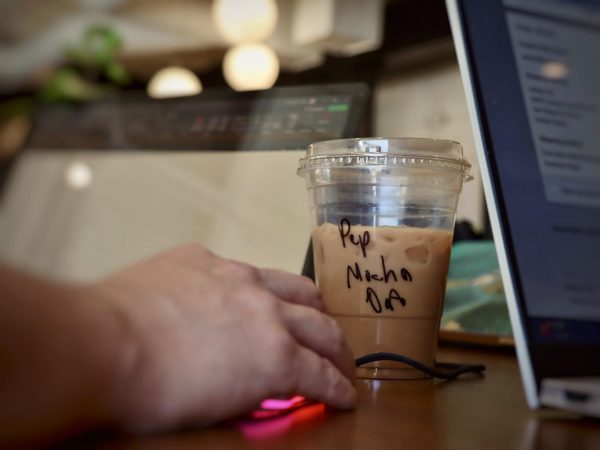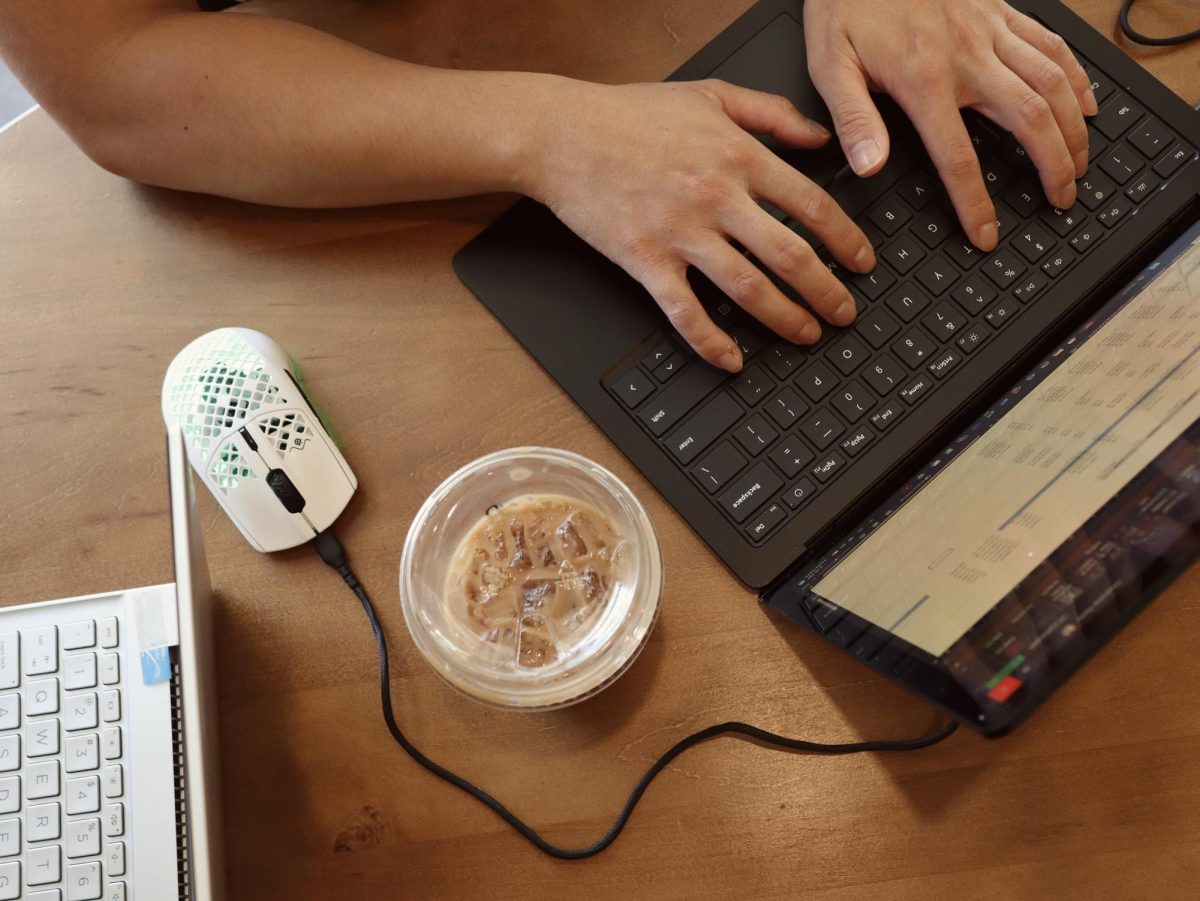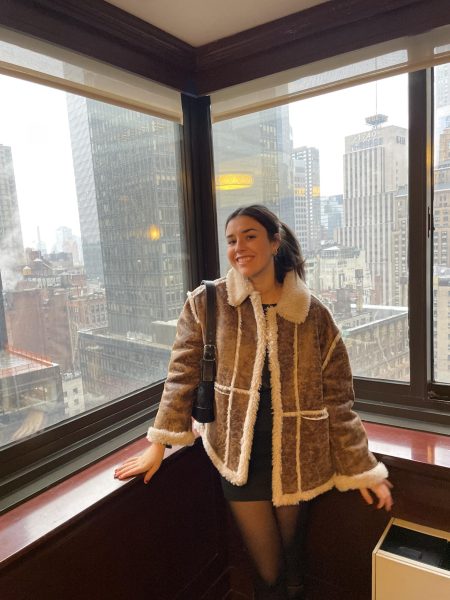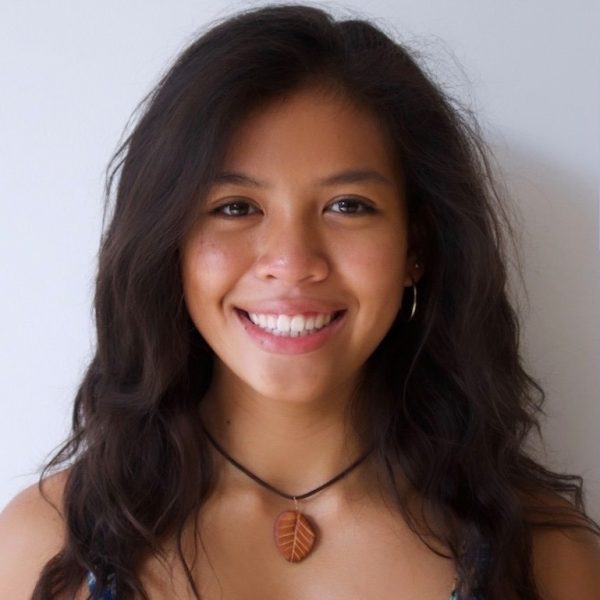In college, a place where sleep is a rare luxury, students will go to great lengths to stay awake. Apart from the shared experiences of impending stress and the everlasting fear of failing exams, nothing brings college kids together quite like caffeine.
San Diego State University students are on a mission to find their emotional support elixir: anything and everything with caffeine.
I’m as guilty as the next person in line at Starbucks (which is too far out the door) — I can’t imagine my life without caffeine. It’s easy to overlook my caffeine addiction when everyone I see on campus is sipping on their third cup of coffee or cracking open their second energy drink, but how healthy is it?
College culture has normalized absurd caffeine intakes, and romanticized it.
While moderate levels of caffeine are not as harmful, caffeine is still the most commonly used drug in the world. Students are too absorbed in their manic lifestyle that comes along with college to realize that these addicted side-effects have consequences.
It has become a consumption habit that students can’t seem to break. The World Health Organization, as well as other healthcare professionals, have even recognized caffeine dependence as “a clinical disorder.”
Jordan Kenneray, a junior studying health communications, described coffee as an essential part of her daily routine. Without her morning cold brew, she feels like she’s missing something as vital as brushing her teeth.
“Coffee was a second thought in high school. I didn’t even need it during the SAT’s. Now, it’s like I have one discussion board due on canvas and I need an iced vanilla latte,” Kenneray said. “When I think about it, it’s like ‘Do I need coffee? No, I need food, sleep and water.’ But honestly, who has time for that in college?”
Caffeine addiction is college students’ way of idealizing and handling academic pressure. Need to study? Let’s go to a coffee shop and try the new seasonal coffees and teas. Late night library session? Let’s stop at 7-Eleven or the endless amount of vending machines on campus and grab a few sour-patch energy drinks with 200mg of caffeine.

The British Journal of Child Health investigated how caffeine influences the sleep and academic performance of college students, including the kinds and amounts of caffeine they use, why they use it, their sleep quality and academic results.
“In a sample of 1,248 college students in five United States’ universities, 72% consumed coffee, 61.4% consumed tea, 68.8% consumed soda, 36.4% consumed energy drinks and 12.2 % consumed other forms of caffeine,” the article stated. “Although some studies differed in their defined four major sources alternating between chocolate, soft drinks and energy drinks, constants in all were coffee and tea.”
Caffeine often emerges as the hero that saves students from a groggy, half-awake state to an alert to a motivated, and slightly happier version of themselves, but there’s always a catch. The side effects are sneaky and can ambush you when you least expect it.
Those pounding headaches, the feeling of perpetual exhaustion or a frustrating inability to concentrate is not normal. Those are the not-so-friendly reminders that caffeine can have a dark side, but the crazy part is that college culture seems to have normalized these caffeine withdrawal symptoms.
It’s a right of passage — the restless initiation into the club of over-caffeinated college students.
The social and cultural factors surrounding caffeine consumption in universities is what turns this addiction to a normal and even trendy part of college life. Gen Z has found a way to transform this beverage into a lifestyle.
As a barista at the Big City Bagel Cafe coffee kiosks on campus, I’m a firsthand witness to the urgency and neediness that students reveal when ordering. It can be 4 p.m. and students are ordering a 24 ounce “Study Buddy,” which is four shots of espresso and iced coffee.
Almost everything we serve has some level of caffeine or you can add caffeine to it, whether it be black teas, cold brew, matcha green tea lattes, espresso smoothies or even Rockstar energy drinks.
With a simple swipe of an SDSU meal card, you can be caffeinated for days.
Caffeine is the air to college students’ lungs. It keeps us alive in the midst of this tireless academic and social culture. But, it’s crucial to recognize that this amount of excess caffeine is an addiction. It’s a harmful drug that we are not only choosing to ignore, but are actually normalizing and then glamorizing.
One of America’s beloved donut chains, Dunkin Donuts claims “America runs on Dunkin.” But, here at SDSU, college kids run on caffeine.












